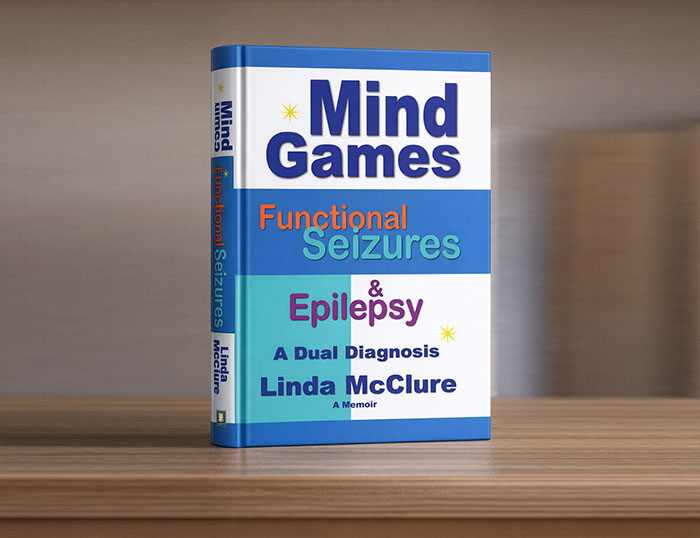Functional Seizures and Epilepsy: My dual diagnosis
The nonepileptic seizure Blog has invited author, Linda McClure, to tell us about her book “Mind Games.” It walks the reader through the experience of living with epilepsy and psychogenic nonepileptic seizures (PNES), also known as functional/dissociative seizures. This is a unique group of patients, often excluded from research and that can be difficult to […]
Functional Seizures and Epilepsy: My dual diagnosis Read More »







